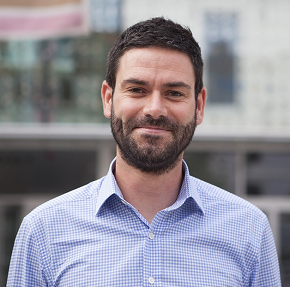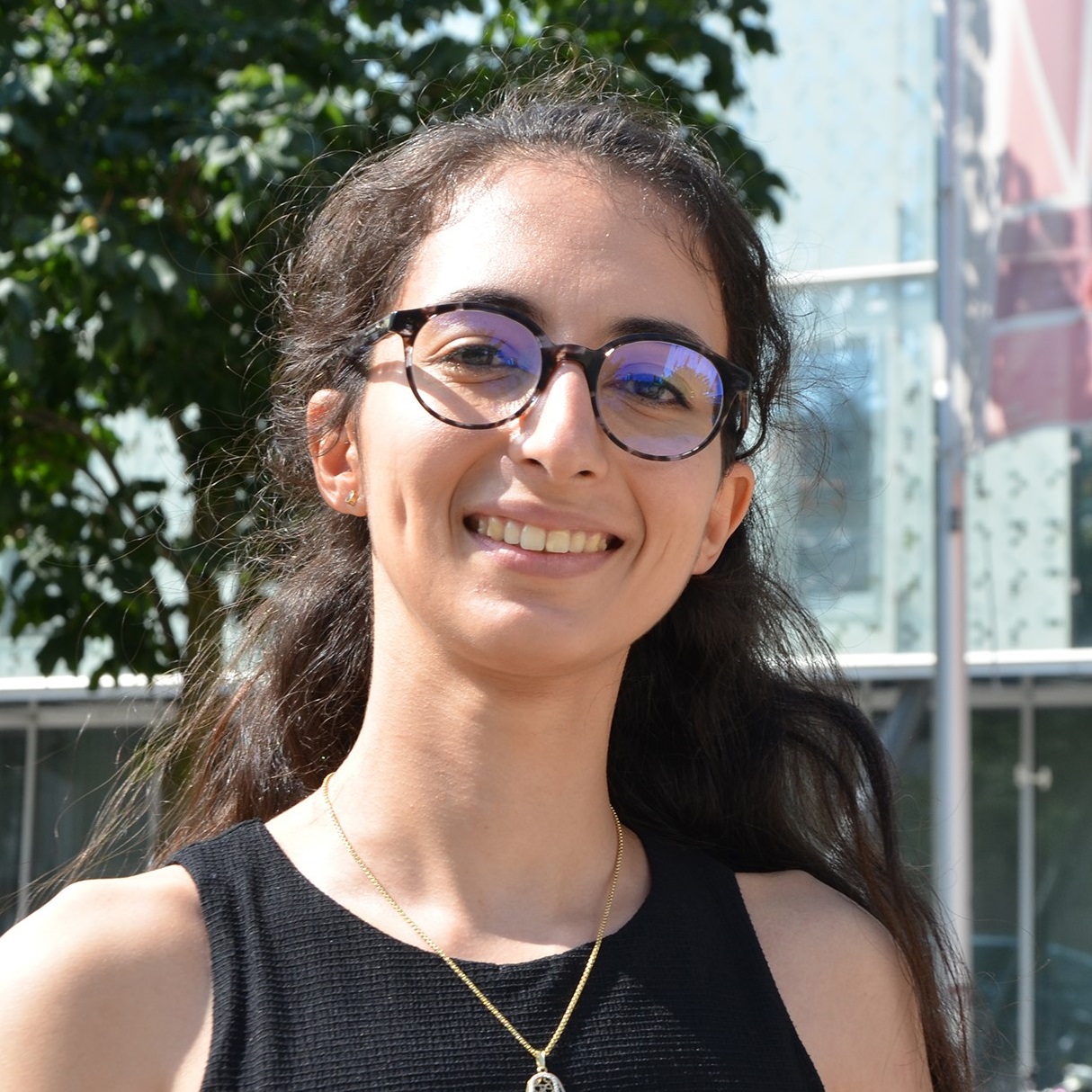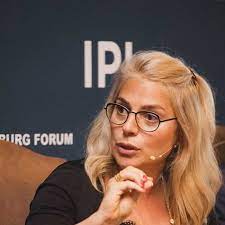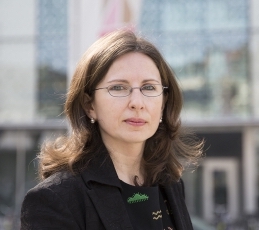
Prof. Christian Bréthaut
Prof. Christian Bréthaut holds a PhD in Geosciences and Environment from the University of Lausanne. He has led the Geneva Water Hub’s Education and Knowledge component since August 2014. His area of expertise is the analysis of water policies and the issues associated with the management of cross border rivers. Prof. Bréthaut’s particular focus within the water management domain is the capacity of institutions to adapt, the water-food-energy-ecosystems nexus, and the exploration of the link between science and policy.




